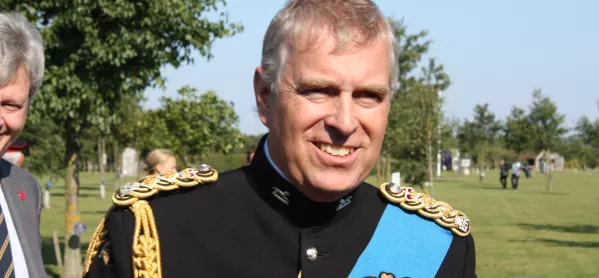University technical colleges (UTCs) give students “the most useful” knowledge of any type of school, according to the Duke of York.
An education at a UTC - which specialises in vocational education and technical training for pupils aged 14 to 19 - provides the greatest flexibility to cope with the “velocity of change” in the workplace, the Duke told students yesterday.
Speaking at the annual Duke of York Awards for Technical Education ceremony in St James’s Palace, the Duke said: “This country needs well-educated, technically-minded people.
“It doesn’t always need philosophers. It doesn’t always need people who can write perfect English. It needs people who are going to be able to use their skills.”
After giving out awards to students from five UTCs - Central Bedfordshire, Medway, Leigh, Oxfordshire and Reading - the Duke said: “The velocity of change in the workplace is only increasing, which means that many of you aren’t going to be doing what you are doing now.
“But the basis of knowledge that you have gained whilst at the UTC is probably the most useful basis of knowledge in any school system that we have in the UK. It gives you the greatest flexibility in being able to cope with that velocity of change.”
But a number of the flagship UTCs - including Central Bedfordshire and Hackney (which the Duke was patron of) - have been forced to close due to poor student recruitment.
Speaking to Tes after the ceremony, the Duke - who is patron of the Baker Dearing Educational Trust, which promotes UTCs - added: “Engineering skills are some of the most important skills that we need in this country. Virtually everything requires an engineering skill of one sort or another.
“It doesn’t matter whether you are sitting behind a desk, or whether you are outside working on a pipeline. Everything requires some form of engineering skill.
“So this is less about vocational activity but actually about a mechanical, electrical, engineering basis of knowledge that is going to suit a vast majority of people in their career path.”
Want to keep up with the latest education news and opinion? Follow Tes on Twitter and Instagram, and like Tes on Facebook.




